Long held tenets of the oil and gas sector are being rewritten, but the Middle East remains central to the wider market, according to Dr Fatih Birol, Chief Economist and Director of Global Energy Economics at the International Energy Agency (IEA).
The IEA expert has lent his voice to market assumptions about US oil production being almost exclusively used domestically, despite recent moves and industry noises to the contrary. Speaking at UK business lobby group CBI’s recently concluded 2014 Energy Conference in London, Birol opined that attention ought to be paid to the words “almost exclusively.”
While US crude oil might enter the global supply pool in minor volumes at some point, he said, “The world would need Middle Eastern oil for many decades to come. However, trade-flows and energy policy frameworks of several countries, including the US, will see fundamental changes.”
The US for one has predicated its energy policy in recent decades on the basis of it being an oil and gas importer. “But within a short space of seven years, this has been turned on its head in a positive way. With more domestic tight oil and shale gas factored in, the US government now has to worry about calls for exporting rather than importing.
“Invariably, the country’s energy policy choices will be influenced by the new reality of its richer resource base, with implications for the world. It is why the US shale revolution’s impact extends beyond physical barrels – its influence on the global energy landscape, economy and geopolitics is unprecedented,” Birol said.
And there are profound changes all around. For instance, while it can meet its current needs, the Middle East is actually becoming a major oil and gas demand zone. “Importers are becoming exporters, and exporters are becoming major centres of demand while some supply nations are rethinking. For instance, exporting crude oil was a lot simpler for Canada before the US bonanza. Now, the US is becoming less of an import market for exporters of Canadian oil, who are looking to Asia.”
Later on, at the sidelines of the conference, I got a chance to quiz Birol about the perceived abundance of natural gas and its impact on gas pricing plus the recent supply deal between Russia and China. “Regardless of how much is out there, regional natural gas price variations will continue. For example, gas prices in Europe are likely to remain at twice level of the US as far as I can see into the medium-term. As for Russia, it will remain crucial to the global oil and gas markets,” he told me.
forbes


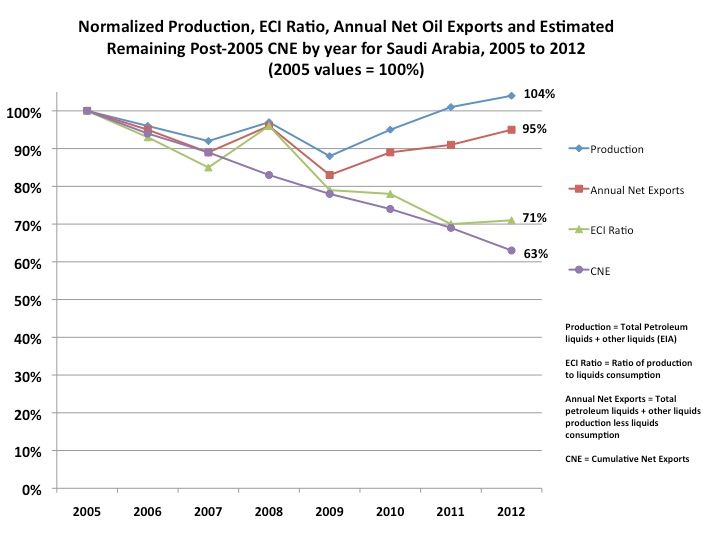

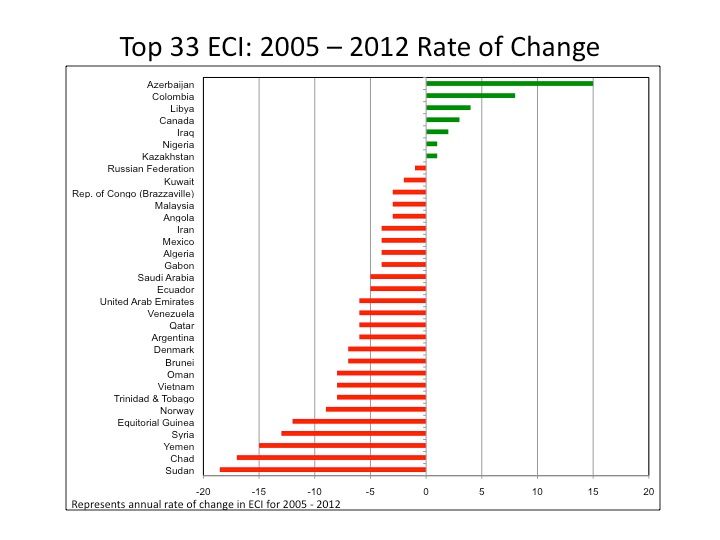
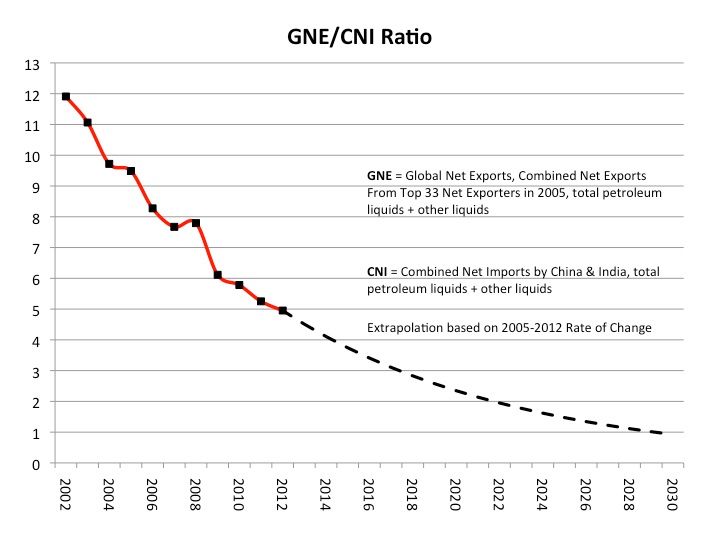
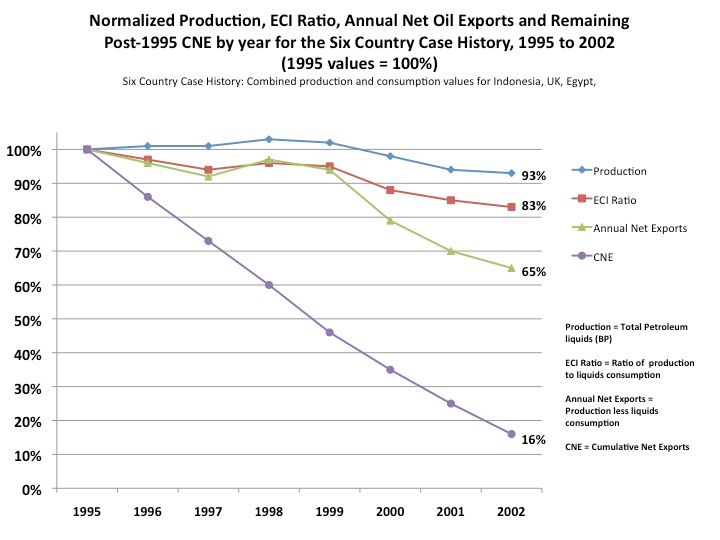
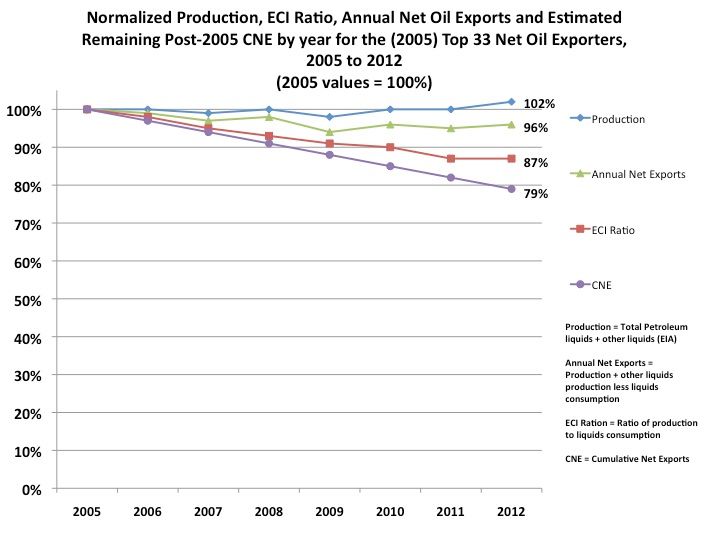
/cdn0.vox-cdn.com/uploads/chorus_asset/file/679546/map_china_oil_imports.0.png)